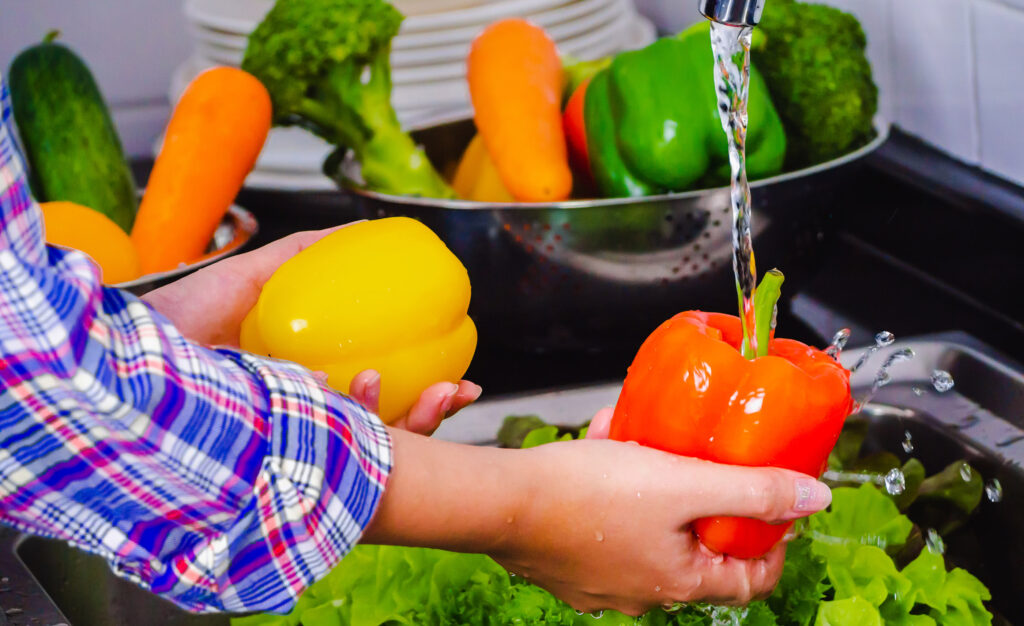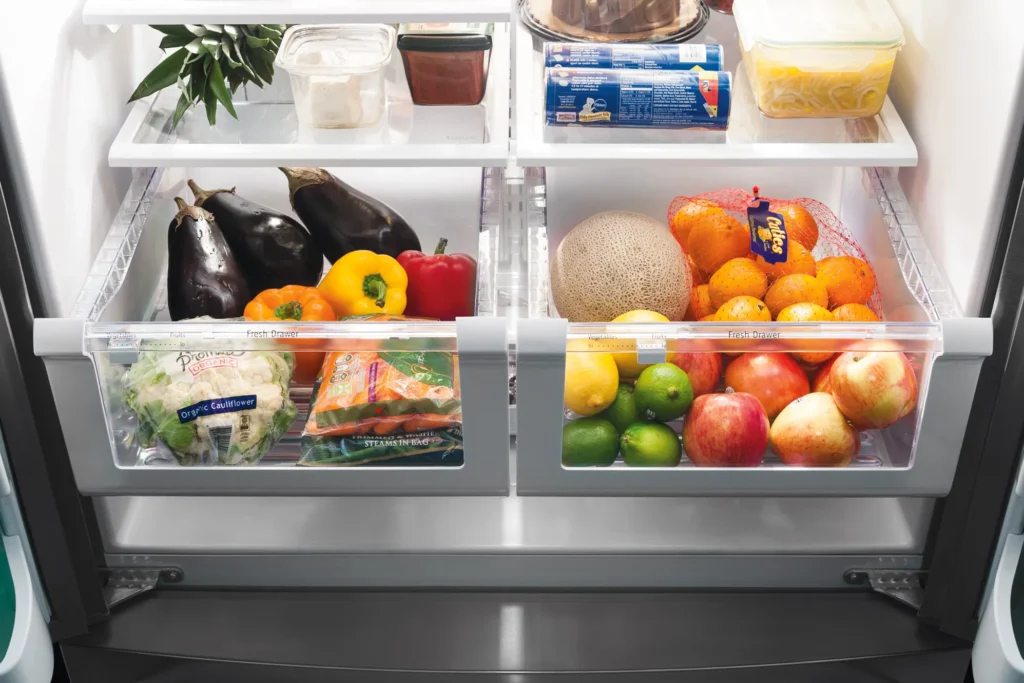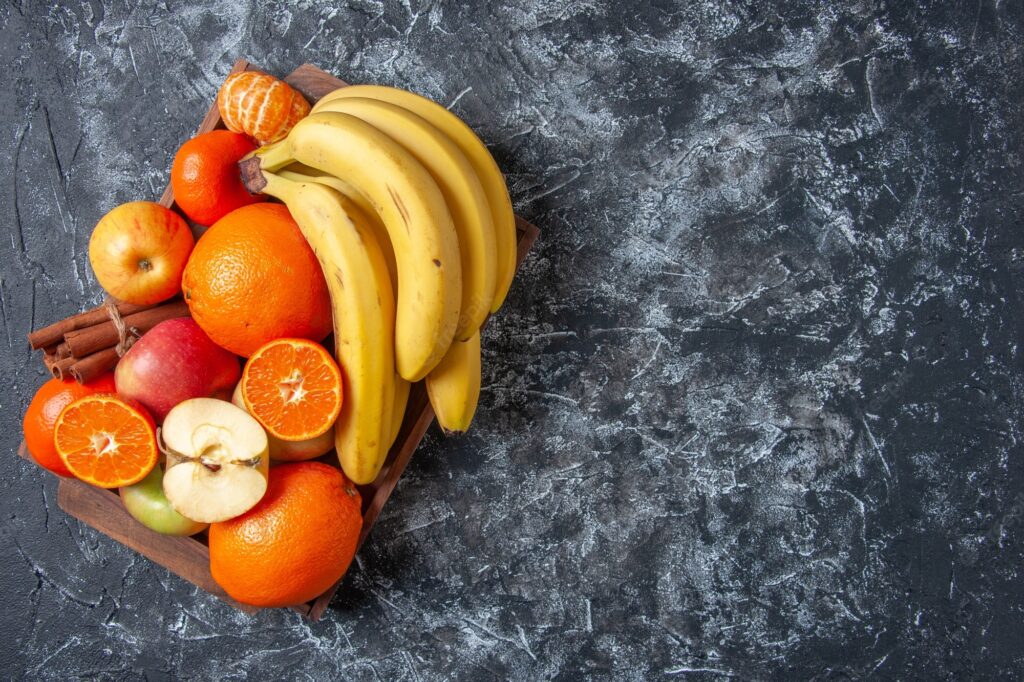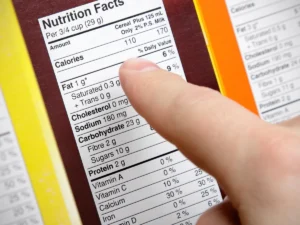A well-balanced diet is incomplete without fruits and vegetables. Everyone should eat food that includes veggies and fruits to stay healthy. However, if they are not stored properly, the texture, taste, and aroma of veggies or fruits may change.
Sometimes, fruits and vegetables may become too ripe, inedible for cooking, or completely spoiled. Then, it is not safe to consume them, which means you will have to throw them out in the garbage. The veggies and fruits can stay fresh for a long time with proper storage.
5 Different Ways To Store Fruits And Vegetables And Keep Them Fresh
You can buy fresh fruits, vegetables, and even fruit box sets from trusted online stores. Here are five ways you can follow to store vegetables and fruits and retain their freshness.
1. Cleaning Fruits And Vegetables

Source: livescience.com
The majority of fruits and vegetables are imported from a distance before you can buy them. Along the route, they may be exposed to dangerous bacteria or other pollutants. It applies to organic, pesticide-free foods and even conventionally grown produce.
Always wash and dry fruits and vegetables with clean water before eating to avoid hazardous pathogens. You can gently rub their surface with your hands or use a cleaning brush designed for cleaning fruits and veggies. Some products may come with a waxy coating, so rub it off with a paper towel or cloth after rinsing them.
Though it is vital to wash fruits and vegetables before eating, it is best to store them unwashed as they can quickly spoil if exposed to excess moisture. It is better to wash them when it is time to eat them. If you need to wash veggies and fruits beforehand, make sure they are totally dry, and then store them. Normally, prewashed and packaged products do not require extra cleaning.
2. Storing In A Dry And Cool Place
Specific fruits and vegetables should be kept in a cold, dry place rather than a refrigerator or freezer. Bananas, lemons, tomatoes, potatoes, and limes are among them. Tomatoes can lose taste and minerals when refrigerated and may acquire an unpleasant texture. Mushrooms should be stored in a cold, dry area, and you should wash them only before use.
Store potatoes in a dry, cold location with plenty of ventilation. Also, keep eggplant in a cool place and use it within a few days of purchase. You can also store whole fruits in a cool and dry place. However, chopped fruit or a vegetable should always be stored in the refrigerator or freezer to last longer.
3. Storing In The Refrigerator

Source: epicurious.com
There are many veggies and fruits you have to store in the fridge to retain their freshness and increase their shelf life. It is best to keep them in the crisper drawer to protect them from the elements and retain moisture. For example, apples need to stay in the refrigerator as they get soft at a 10x rate at room temperature.
Refrigerate asparagus by wrapping it in a wet paper towel or hold them up in a cup of cold water draped in a damp paper towel. Carrots should be kept in the fridge and peeled when ready to use. Use plastic bags that have vents to store food since they can keep the veggies and fruits fresh by discharging moisture. You can use this storage method for keeping grapes, strawberries, blueberries, and cherries.
Before refrigerating fresh lettuce heads, thoroughly rinse them with water. The leaves should be dried and stored in a clean plastic bag with paper towels. You can wrap rhubarb in plastic and keep it in the refrigerator, but it can also be frozen.
4. Storing In The Freezer
Freezing fruits and veggies is a quick and easy technique to retain optimal nutritional quality and ripeness. Make sure not to freeze those that are not yet ripe as they may not ripe properly after being kept in the freezer. You should avoid freezing lettuce and various leafy greens you want to consume raw.
There are some products you should not freeze, such as eggplant, artichokes, Belgian endive, potatoes, lettuce greens, potatoes, and radishes. It is better to store sliced fruits or veggies in a freezer-safe airtight bag or container.
5. Storing At Room Temperature

Source: freepik.com
You have to store onions and garlic in a decent location with enough ventilation at room temperature. In addition, you can also keep tomatoes at room temperature and rinse them before use. Some fruits like pears, mangoes, peaches, and plums can ripen at room temperature in a paper bag before being refrigerated for longer shelf life.
Keep the pineapple in an up-down position at room temperature for one to two days which helps to circulate the sweetness thoroughly. It is better to store the whole melons at room temperature. Though cantaloupe can be kept at room temperature for a short time, it will rapidly ripen.
Should Fruits And Vegetables Be Stored Together Or Separately?
There are some specific fruits and veggies you have to preserve separately. Ethylene gas, a natural gas produced by various fruits, can hasten the ripening of a few vegetables and fruits. It can sometimes be beneficial when you want to ripe a fruit or a vegetable quickly, you can store it in the same bag as a ripe banana which emits ethylene gas.
It is better to store high-ethylene gas-emitting fruits separately from others, which are bananas, apples, pears, avocados, tomatoes, and stone fruits. The leafy greens are particularly vulnerable to ethylene gas. Store onions by themselves as they can rub their smell on other veggies or fruits. Never keep them with potatoes as potatoes will wither and germinate rapidly in the presence of onions.
Bottom Line

Source: yahoo.com
There is no one universal technique you can use to store and keep fruits and veggies fresh. They have different storage methods, and the shelf time is not the same for every product as well. Thus, use the proper storage method for the specific fruit or vegetable to retain its freshness.






